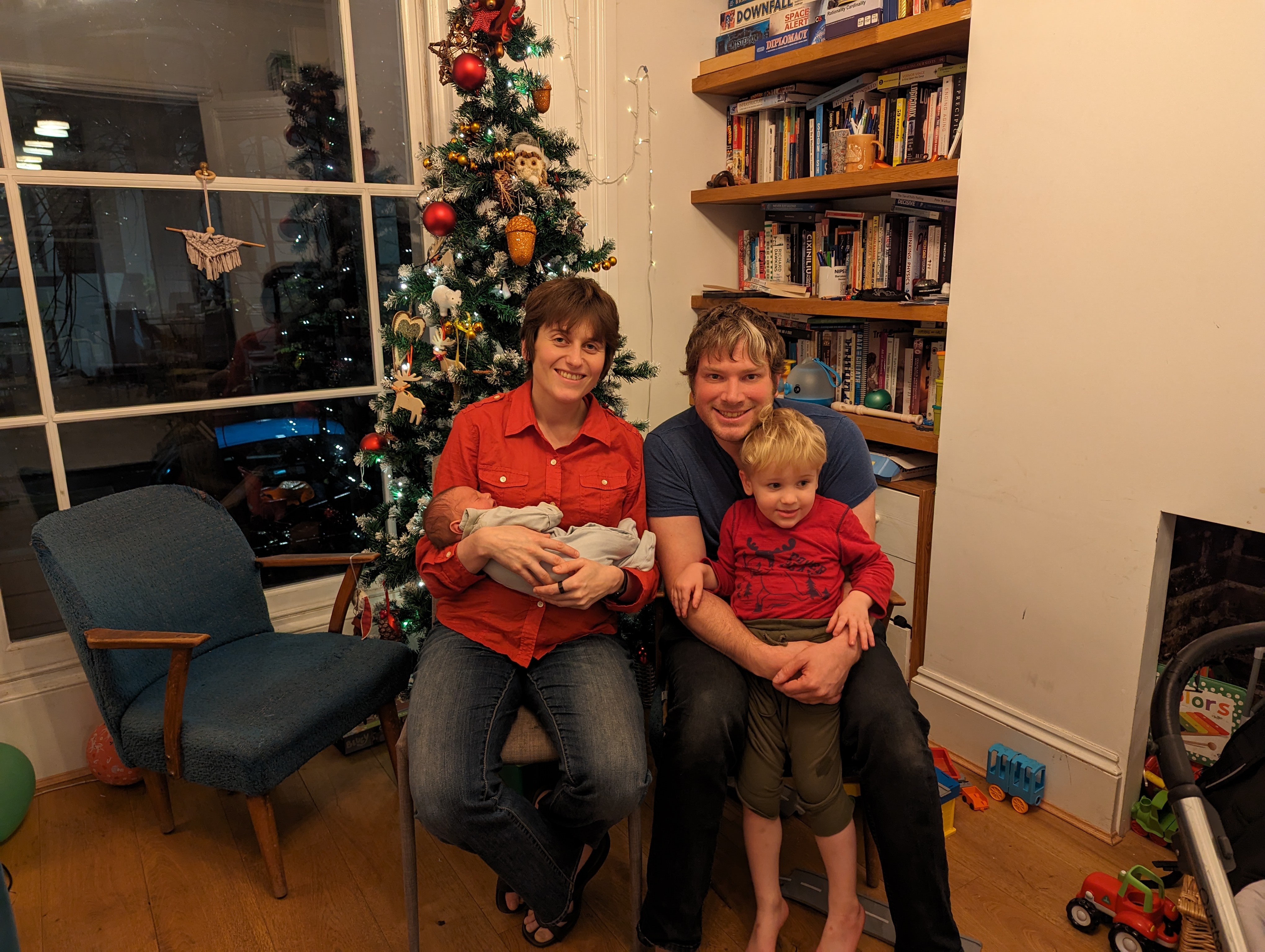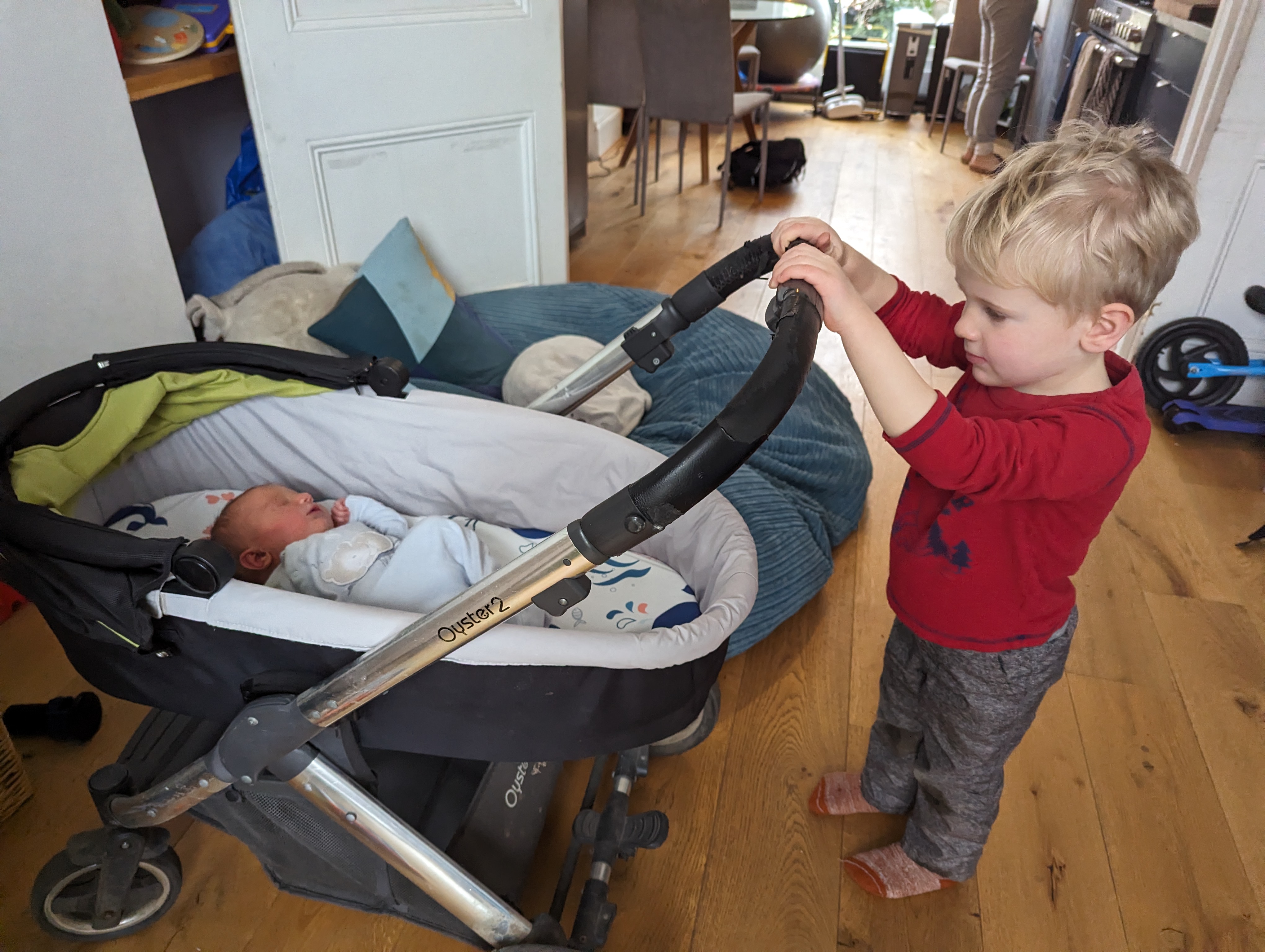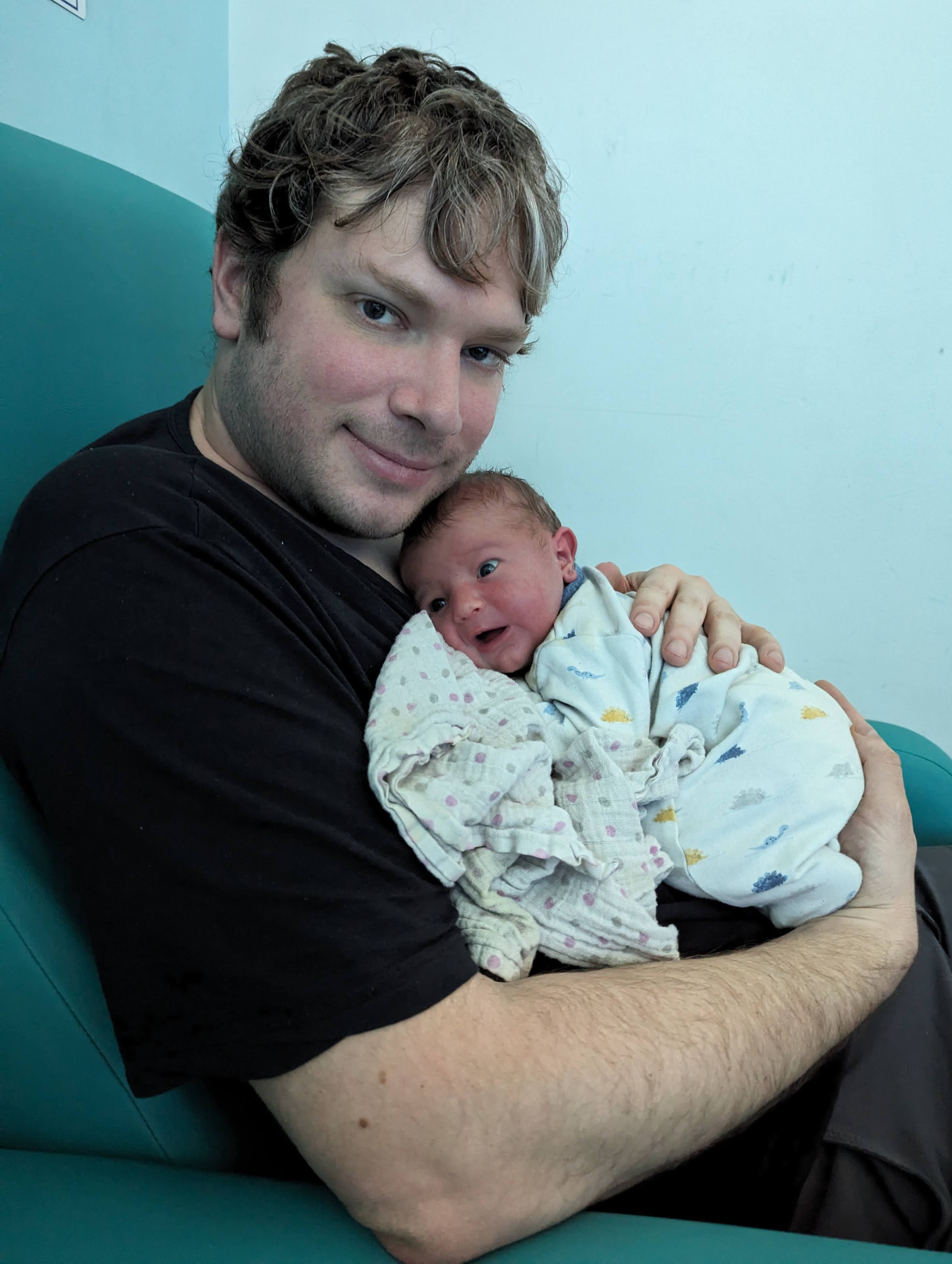After 7 years at Deep End (and 4 more years in other group houses before that), Janos and I have moved out to live near a school we like and some lovely parks. The life change is bittersweet – we will miss living with our friends, but also look forward to a logistically simpler life with our kids. Looking back, here are some thoughts on what worked and didn’t work well about living in a group house with kids.
Pros. There were many things that we enjoyed about living at Deep End, and for a long time I couldn’t imagine ever wanting to leave. We had a low-effort social life – it was great to have spontaneous conversations with friends without arranging to meet up. This was especially convenient for us as new parents, when it was harder to make plans and get out of the house, particularly when we were on parental leave. The house community also made a huge difference to our wellbeing during the pandemic, because we had a household bubble that wasn’t just us.
We did lots of fun things together with our housemates – impromptu activities like yoga / meditation / dancing / watching movies, as well as a regular check-in to keep up on each other’s lives. We were generally more easily exposed to new things – meeting friends of friends, trying new foods or activities that someone in the house liked, etc. Our friends often enjoyed playing with the kids, and it was helpful to have someone entertain them while we left the living room for a few minutes. Our 3 year old seems more social than most kids of the pandemic generation, which is partly temperament and partly growing up in a group house.
Cons. The main issue was that the group house location was obviously not chosen with school catchment areas or kid-friendly neighbourhoods in mind. The other downsides of living there with kids were insufficient space, lifestyle differences, and extra logistics (all of which increased when we had a second kid).
Our family was taking up more and more of the common space – the living room doubled as a play room and a nursery, so it was a bit cramped. With 4 of us (plus visiting grandparents) and 4 other housemates in the house, the capacity of the house was maxed out (particularly the fridge, which became a realm of mystery and chaos). I am generally sensitive to clutter, and having the house full of our stuff and other people’s stuff was a bit much, while only dealing with our own things and mess is more manageable.

Another factor was a mismatch in lifestyles and timings with our housemates, who tended to have later schedules. They often got home and started socializing or heading out to evening events when we already finished dinner and it was time to put the kids to bed, which was FOMO-inducing at times. Daniel enjoyed evening gatherings like the house check-in, but often became overstimulated and was difficult to put to bed afterwards. The time when we went to sleep in the evening was also a time when people wanted to watch movies on the projector, and it made me sad to keep asking them not to.
There were also more logistics involved with running a group house, like managing shared expenses and objects, coordinating chores and housemate turnover. Even with regular decluttering, there was a lot of stuff at the house that didn’t belong to anyone in particular (e.g. before leaving I cleared the shoe rack of 9 pairs of shoes that turned out to be abandoned by previous occupants of the house). With two kids, we have more of our own logistics to deal with, so reducing other logistics was helpful.
Final thoughts. We are thankful to our housemates, current and former, for all the great times we had over the years and the wonderful community we built together. Visiting the house after moving out, it was nice to see the living room decked out with pretty decorations and potted plants and not overflowing with kid stuff – it reminded me of what the house was like when we first started it. Without the constraints of children living at the house, I hope to see Deep End return to its former self as a social place with more events and gatherings, and we will certainly be back to visit often.
It is a big change to live on our own after all these years. We moved near a few other friends with kids, which will be fun too. We are enjoying our own space right now, though we are not set on living by ourselves indefinitely. We might want to live with others again in the future, but probably with 1-2 close friends rather than in a big group house.






